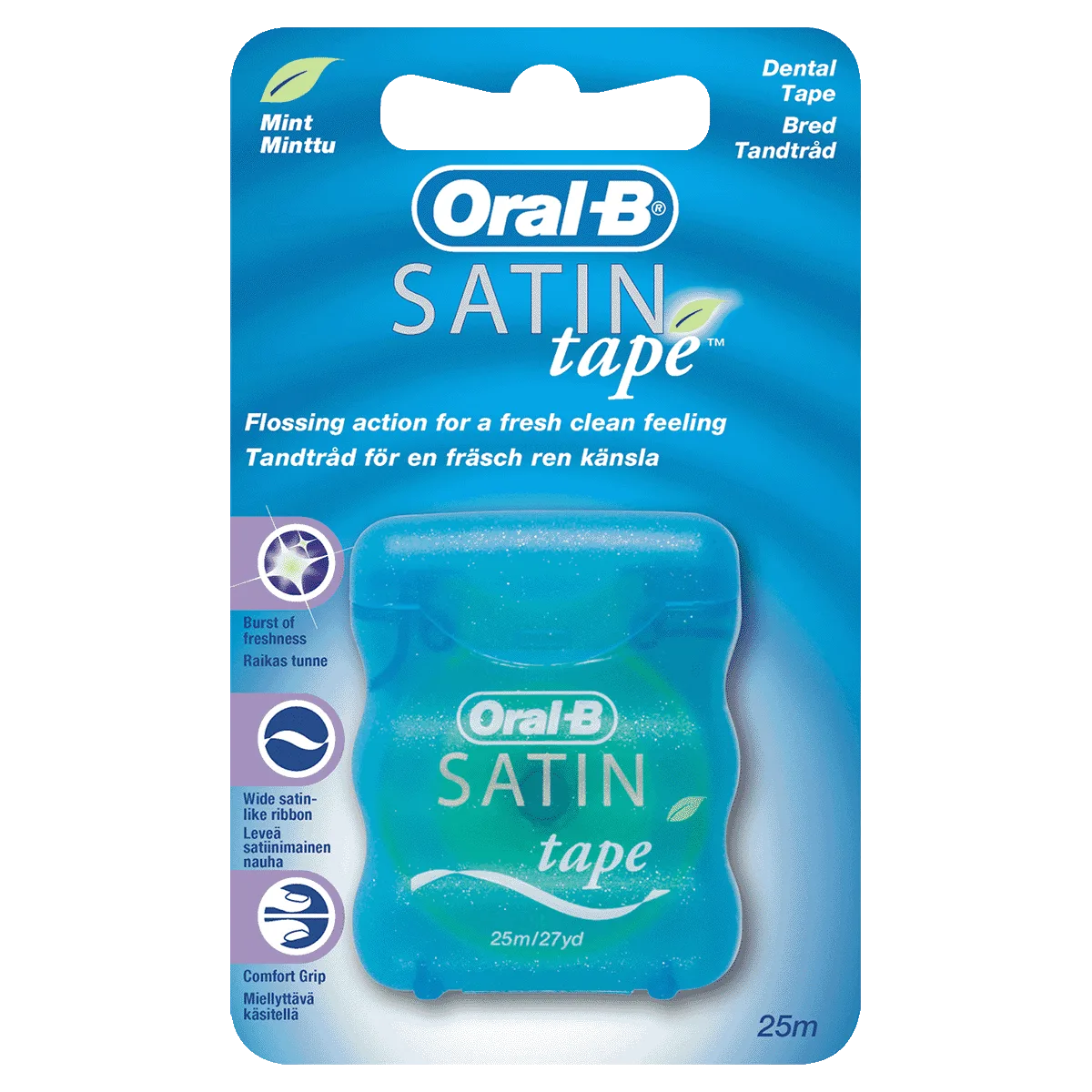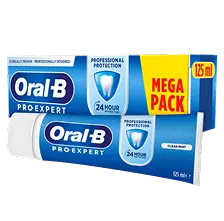06-19-2025
Having a beautiful smile starts with having great oral hygiene.
In this article, we’ll dive into oral hygiene and why it’s important. We’ll also provide tips and best practices to keep your teeth healthy and your smile bright.
Table of Contents

Key Takeaways
- Oral hygiene, also called dental hygiene, refers to the steps to help keep your teeth and gums healthy, including brushing at least twice per day, flossing, rinsing with mouthwash, and visiting your dentist regularly.
- In addition to keeping your teeth and gums healthy, oral hygiene helps keep breath fresh and prevents the need for future dental treatments such as fillings, implants, and root canals. It's also an important part of overall health.
- Other lifestyle factors are important if you want to maintain good oral health. You’ll need to eat a balanced diet, avoid acidic and sugary foods and drinks, stay hydrated, and stop smoking.
FAQs

When should I start an oral hygiene routine for my baby?

What is the 2-2-2 rule?

How can I maintain oral hygiene during pregnancy?
References
https://www.nidcr.nih.gov/health-info/oral-hygiene
https://www.cdc.gov/oral-health/prevention/oral-health-tips-for-adults.html
https://www.mouthhealthy.org/all-topics-a-z/diet-and-dental-health
https://www.mouthhealthy.org/all-topics-a-z/dietary-acids-and-your-teeth
About Our Medical Reviewers
Dr. Monika Negi is a qualified Oral and Maxillofacial Pathologist with over five years of clinical and academic experience and over two years in P&G Research and Development. A Commonwealth Scholar, she holds a Master of Science in Global Health & Management from the University of Aberdeen, United Kingdom, and a Master of Dental Surgery and Bachelor of Dental Surgery from H.P. University, India.
At Procter & Gamble, Monika plays a pivotal role in the Global Oral Care R&D within the Global Professional & Scientific Relations team. Leveraging her clinical expertise and academic rigor, she drives the scientific advancement of Global Oral Care products, ensuring they are clinically validated, and aligned with industry-leading standards. Monika is also responsible for all technical and scientific training for the Global Professional and Scientific Relations team. Her contributions have enhanced product credibility and fortified P&G’s commitment to evidence-based innovation.
Monika has been partnering with the team at Oral-B by fact-checking and reviewing our blogs on dental health.
Sign Up
for expert advice and exclusive offers



